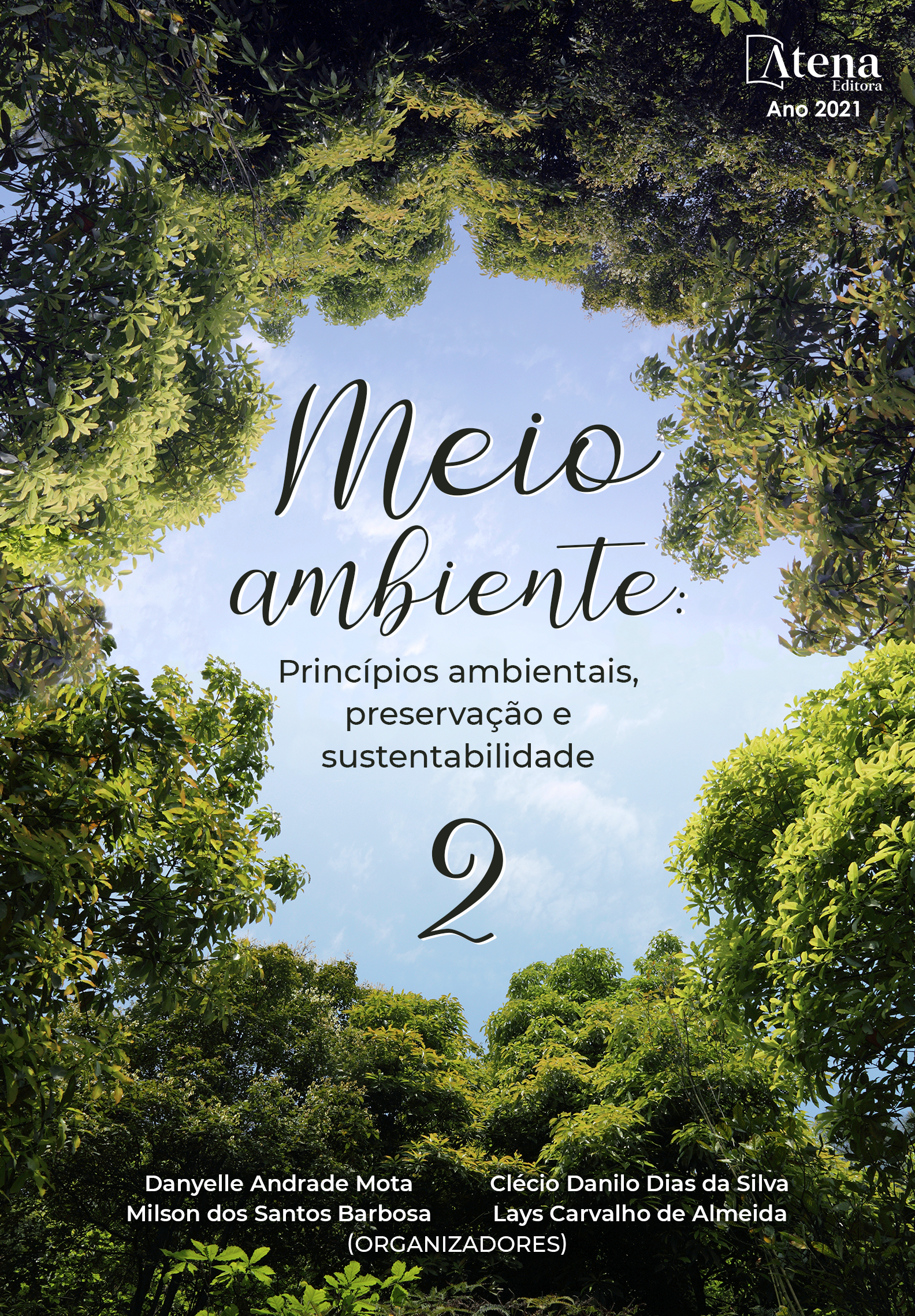
ANÁLISE DAS CONDIÇÕES METEOROLÓGICAS DURANTE EPISÓDIOS CRÍTICOS DE POLUIÇÃO ATMOSFÉRICA NO MUNICÍPIO DE PORTO ALEGRE/RS
A poluição do ar é um problema grave e crescente. Os centros urbanos são os que mais sofrem com as consequências da má qualidade do ar e seus efeitos sobre a saúde pública. Pesquisas recentes da UFCSPA indicam que o ar de Porto Alegre contém, em média, o dobro de poluentes recomendados pelos padrões internacionais. O material particulado (MP10), poluente que vem prejudicando silenciosamente a saúde dos gaúchos, é oriundo da queima do combustível, de carros e veículos pesados. Diante deste cenário, fez-se uma análise das condições meteorológicas durante os episódios críticos de poluição do ar em Porto Alegre, relativos ao poluente atmosférico MP10. A análise estatística dos dados foi feita a partir do agrupamento de variáveis, análise de cluster. Os dados da qualidade do ar foram fornecidos pela Fundação Estadual de Proteção Ambiental Henrique Luiz Roessler (FEPAM) e pelo Instituto Nacional de Meteorologia (INMET). Compararam-se as concentrações diárias no período de 2002 a 2006 da estação fixa localizada em frente à Rodoviária de Porto Alegre/RS aos níveis estabelecidos pelo padrão de qualidade do ar vigente no Brasil (Resolução CONAMA nº 03, de 28/06/1990). Observou-se que as variáveis meteorológicas que influenciam nas concentrações de MP10 na área de estudo são: a velocidade do vento, a temperatura do ar e as direções do vento norte-leste. As maiores concentrações de MP10 ocorreram em dias quentes e com pouco vento. Foi durante o inverno, em quase sua totalidade, que ocorreram episódios críticos, com alguns casos no outono e somente um no verão.
ANÁLISE DAS CONDIÇÕES METEOROLÓGICAS DURANTE EPISÓDIOS CRÍTICOS DE POLUIÇÃO ATMOSFÉRICA NO MUNICÍPIO DE PORTO ALEGRE/RS
-
DOI: 10.22533/at.ed.90821211214
-
Palavras-chave: Poluição atmosférica, material particulado (MP10), padrão de qualidade do ar, episódios críticos de poluição do ar, variáveis meteorológicas.
-
Keywords: Air pollution, particulate material (MP10), critical episodes of air pollution, meteorological variables.
-
Abstract:
Air pollution is a serious and growing problem. The main urban centers are the ones who suffer most from the consequences of poor air quality and its effects on human health, ecosystems and materials. UFCSPA recent research indicates that air of Porto Alegre contains, on average, twice as many pollutants recommended by international standards. The inhalable particulate material (MP10), a pollutant that has quietly damaging the health of the people borned in Rio Grande do Sul, starts with the burnable fuel, cars and trucks. Therefore, there was an analysis of the weather conditions during the critical episodes of air pollution in Porto Alegre, for the MP10 air pollutant. The statistical analysis was made from the variable grouping, cluster analysis. Data from air quality were provided by Fundação Estadual de Proteção Ambiental Henrique Luiz Roessler (FEPAM) and Instituto Nacional de Meteorologia (INMET). Daily concentrations were compared in the period 2002 to 2006 at air pollution control station located opposite the bus station in Porto Alegre/RS at the levels set by the standard of quality of the air current in Brazil (Resolução CONAMA nº 03, de 28/06/1990). It was observed that the climate variables which influence the concentrations of MP10 in the study area are: a wind speed, air temperature and the wind direction north-east. The highest MP10 concentrations occurred on hot and not breezy days. As seasonality, it was in the winter time, almost entirely, which occurred critical episodes, with some cases in the fall and only one in the summer.
-
Número de páginas: 21
- Claudinéia Brazil Saldanha
- Amaranta Sant'Ana Nodari


